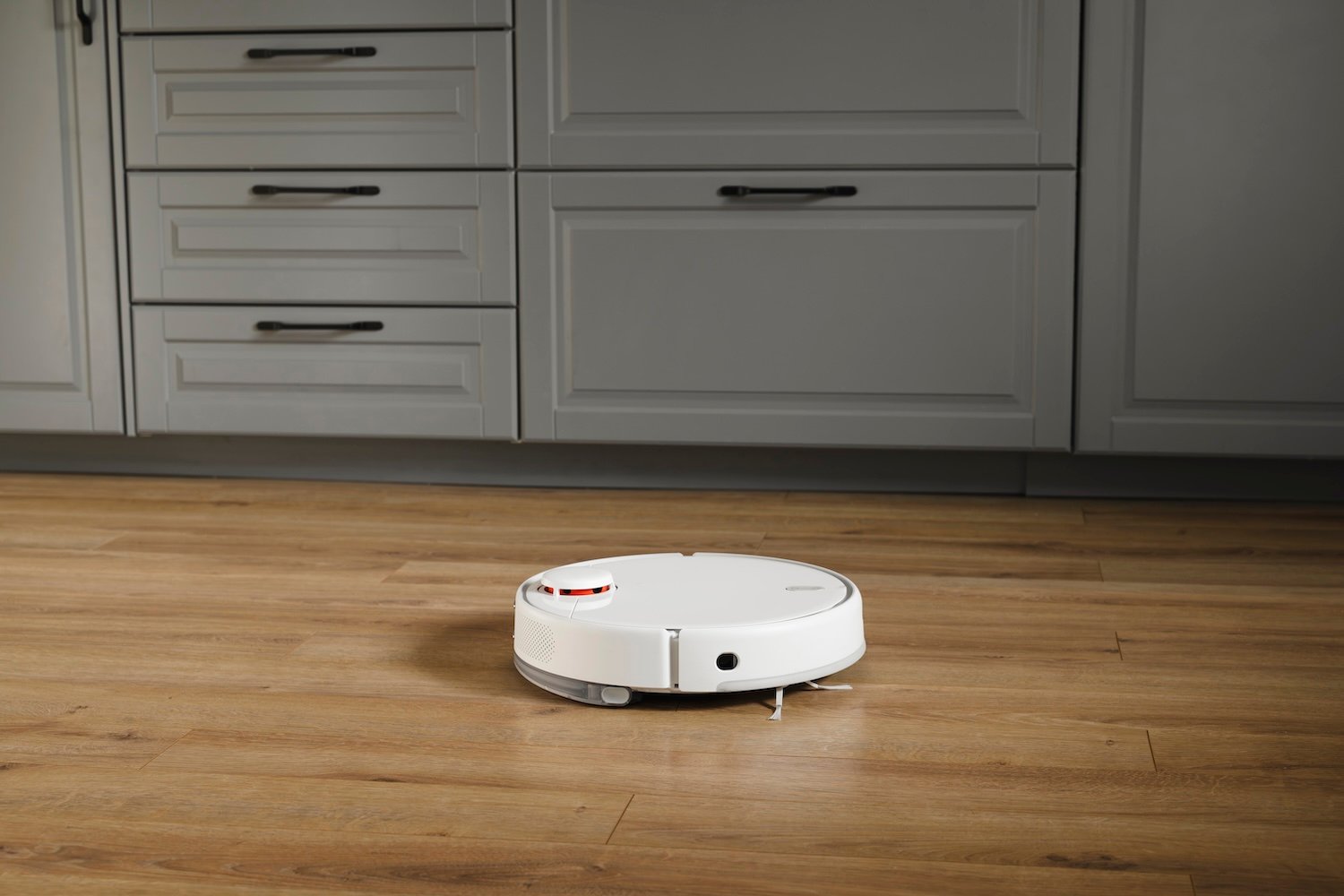Perhaps the best part of this anecdote was Swenson’s incredulous conclusion that the situation “could have been worse.” But he’s right that it was nice of the hacker to let him know his vacuum was hacked instead of spying on him indefinitely.
The most common issue people have with so-called “smart” home devices is that they often require a software subscription to access core functionality, and if the manufacturer goes under or stops supporting the device, it simply becomes a paperweight.



My only “IoT” device is a Roomba, not whatever brand this was but it’s not like the Roomba brand is somehow immune to this kind of thing.
I love this machine, having 2 cats and a very furry dog it’s a life changer. A vacuum that runs every day on its own with me just having to empty the bin? Fucking amazing. Can’t recommend it enough.
I wish so badly that it wasn’t connected to the internet. Why do you need that? Can’t we just have some buttons to set a schedule? Did I really need an app?
Robot vacuums that have no internet connection do exist, but they’re worse. Like, they will literally just do a worse job of vacuuming your floor. The dumb ones just bump around randomly until it notices there’s no more dirt. The internet connected ones map the room and can put straight lines on the floor and make sure they don’t miss spots.
But they don’t actually need the internet for any of that aside from starting it. If the internet goes down it keeps the same schedule and map. Which means they could do all of it with no reason to connect to the internet.
Does it use some kind of cloud service to get the map initially? It’s a lot harder to commercialize a solution without the IoT buzzwords and management loves that garbage sadly. But it might be nontrivial to take the existing product and make it work seamlessly without ever connecting to that cloud service.
deleted by creator